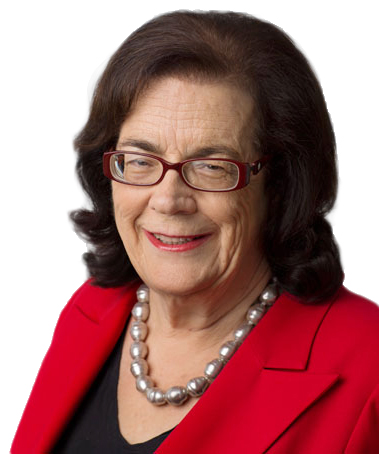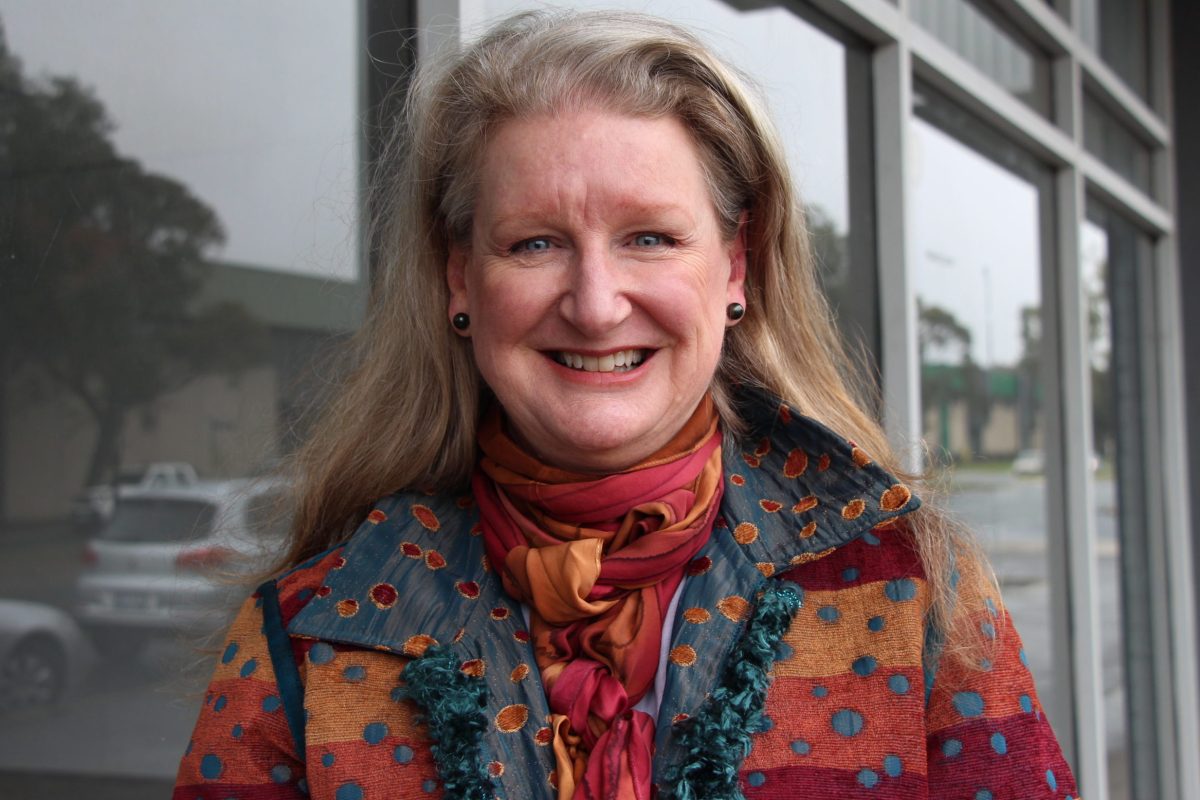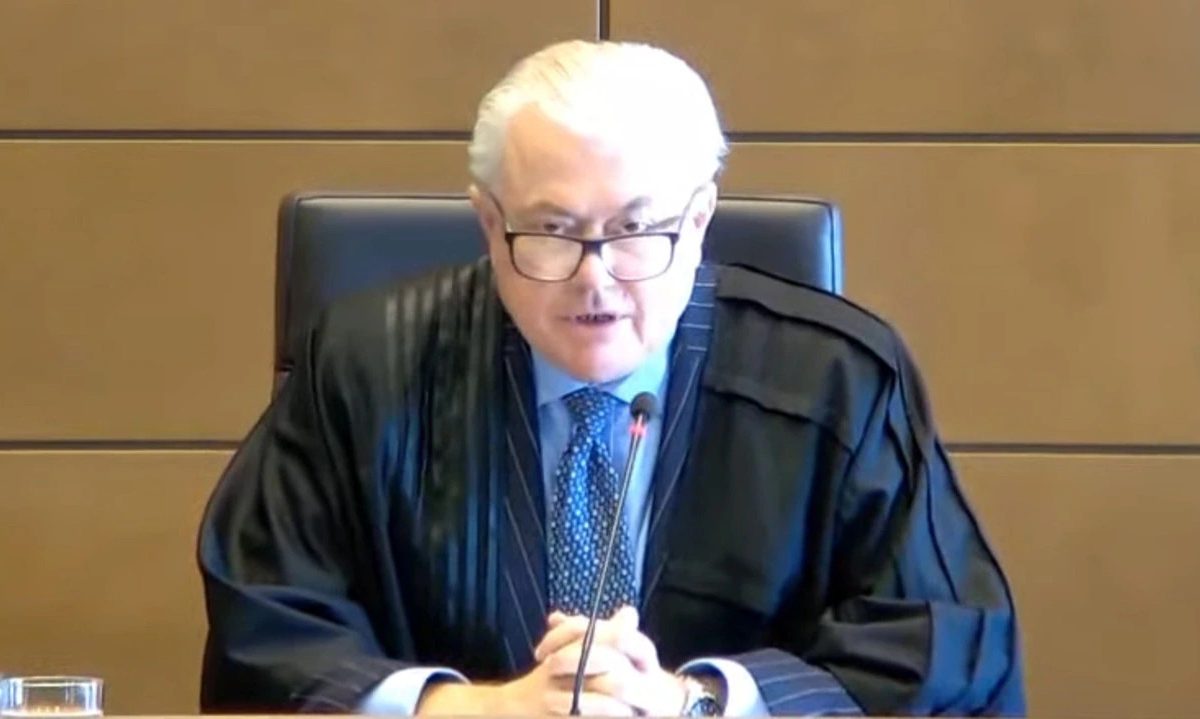 As the PM inches towards the 2050 commitment, international attention is shifting to what should be done 20 years before that, writes political columnist MICHELLE GRATTAN.
As the PM inches towards the 2050 commitment, international attention is shifting to what should be done 20 years before that, writes political columnist MICHELLE GRATTAN.
WE shouldn’t be surprised at the Kevin Rudd-Malcolm Turnbull bromance. After all, we saw the same with Malcolm Fraser and Gough Whitlam.

The stronger the earlier political antipathy, it seems, the closer the later collaboration. Rudd’s fury over Turnbull’s refusal to back him for United Nations secretary-general might never have existed.
With Whitlam and Fraser, the republican cause and media issues were unifiers.
With Rudd and Turnbull, a mutual commitment to action on climate change and a passionate hatred of the Murdoch media provide the glue.
Each of them, in his ascendancy, regarded the Murdoch empire more benignly than now. But they’ve both been consistent on climate change, an issue central in Turnbull losing his leadership twice, and important in Rudd’s 2010 ousting from the prime ministership.
This week, ahead of US President Joe Biden’s (virtual) climate summit, the duo co-authored an article in The Guardian, in which they argued: “The main thing holding back Australia’s climate ambition is politics: a toxic coalition of the Murdoch press, the right wing of the Liberal and National parties, and vested interests in the fossil fuel sector.”
Despite community concern about the issue, until recently the government, post Turnbull, judged it could slough off criticisms of Australia’s inadequate climate policy. After all, wasn’t Labor the side with the problem?
Now that’s changed. There are multiple reasons but most immediately the election of Biden, who has put climate change at the heart of his international agenda, has left Australia without a fig leaf and with nowhere to hide.
It has to account for itself at high-profile international occasions. After the Biden summit comes the June G7 meeting in the United Kingdom, to which Australia has been invited. Then there’s the November United Nations climate change conference in Glasgow.
Scott Morrison understands he must pivot the government’s climate policy – specifically, that sometime this year he needs to formally embrace the widely accepted target of net-zero emissions by 2050. In his Thursday night speech to the summit he said Australia would update its strategy for Glasgow.
He knows market forces are driving much of the pace on climate policy. Climate risk is increasingly significant in investment decisions.
And, in trading terms, other countries could disadvantage Australia for being a laggard. The European Union is preparing a plan for a price on the carbon content of imported goods. This is due to be tabled this year and, after consultations, imposed in 2023.
As he manoeuvres on climate policy, Morrison is rather like the boy on the skateboard trying to navigate an awkward change of direction.
He insists the government’s approach will be based on “technology not taxes”. By stressing advances in technology, he’s preparing the way to sign up later to the 2050 target.
Ahead of the Biden summit, the government announced more than $1 billion in funding (spread over a decade) to support the development of technology. Morrison’s rhetoric casts Australia as an international leader on that front.
According to his current mantra, “‘when’ is not the question [in climate policy] anymore. ‘How’ is the question.”
But climate leaders are very much focused on the “when”. With Britain and the United States upping their medium-term ambitions, the debate is about toughening 2030 targets, and the paucity of Australia’s position is further exposed.
As Morrison inches towards the 2050 commitment, international attention is shifting to what should be done 20 years before that. But Morrison had no revised medium-term Australian target to put on Biden’s summit table.
If Morrison had been dealing with this challenge in late 2019, after his unexpected election triumph, it would be a whole lot easier. He’d have had maximum authority to make shifts of policy.
But the PM’s authority, while still substantial, has been eroded, especially by the setbacks in the vaccine roll-out. Within his own ranks, there’s more criticism, and it’s no longer assumed he couldn’t lose next year’s election.
The government’s parliamentary numbers are on a knife edge after the exit of Craig Kelly to sit as an independent.
Morrison is acutely aware he has to keep his ranks solid – hence his failure to demand Queensland Liberal Andrew Laming be forced to the crossbench.
Resistance to a meaningful shift in climate policy is strongest among the rebels in the Nationals, including the outspoken Queensland senator Matt Canavan, a big spruiker for coal. These are the people who’d seize any excuse to move on Nationals leader and Deputy Prime Minister Michael McCormack. The last thing Morrison wants is a destabilising stoush within the Coalition’s minor partner.
The dilemma faced by Australia – and Morrison – was bluntly called out in a pre-summit briefing given by Biden administration officials.
Asked where Australia’s policy was, and what the US expected in increased ambition, one briefer pointed to the “very difficult political conversation” in Australia about “how much ambition is there”.
“I think that our colleagues in Australia recognise that there’s going to have to be a shift,” the official said. “It’s insufficient to follow the existing trajectory and hope that they will be on a course to deep decarbonisation and getting to net-zero emissions by mid-century.
“I think the differences are very largely about what the trajectory is and how do you get on it. One view of the world says, ‘Don’t worry, technology will solve the problem.’ The other view of the world says, ‘At the end of the day, technology will contribute but is insufficient on its own to solve the problem, and you have to have a set of policies, you have to have national intent, you have to follow up with actions and commitments.’
“I think that there’s movement. […] We are hopeful [Morrison] will come to the summit and make announcements around both and commit the country to next steps that we think would be critical.”
With the message that technology is not enough to deal with the climate challenge, the US official pricked the balloon into which Morrison had been assiduously blowing as much air as he could.
Michelle Grattan is a professorial fellow at the University of Canberra. This article was originally published on The Conversation.
Who can be trusted?
In a world of spin and confusion, there’s never been a more important time to support independent journalism in Canberra.
If you trust our work online and want to enforce the power of independent voices, I invite you to make a small contribution.
Every dollar of support is invested back into our journalism to help keep citynews.com.au strong and free.
Thank you,
Ian Meikle, editor




Leave a Reply